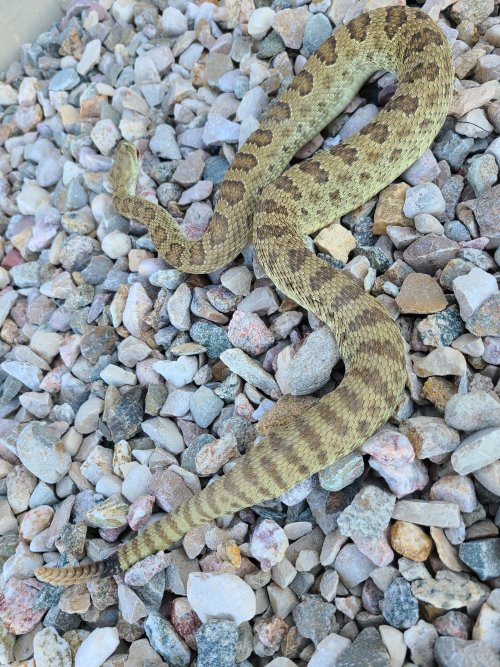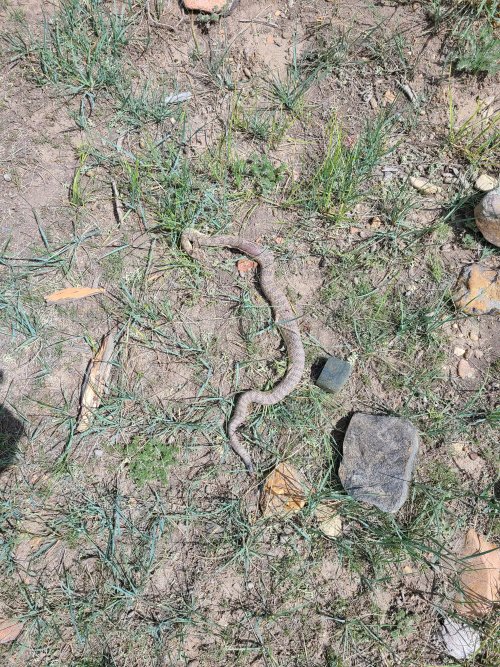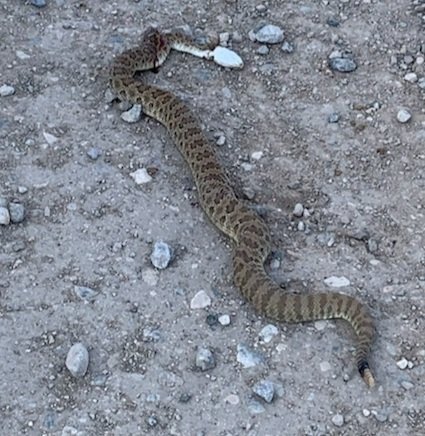Irrelevant
Well-known member
I'm not sure I understand the "insurance" comments. The vaccine has never been proven to be effective. There's anecdotal info on both sides. Our vet doesn't recommend it. That's not any kind of insurance I would buy.
Growing up and in the family we've had dogs that died from bites and ones that didn't. The avoidance class seems like a better route. I first preference is a hard frost.

 www.themeateater.com
www.themeateater.com
Growing up and in the family we've had dogs that died from bites and ones that didn't. The avoidance class seems like a better route. I first preference is a hard frost.

Do Rattlesnake Vaccines Work?
Training and fieldwork create a special bond between dog and owner. But our four-legged friends often find themselves in situations where they need our help. Our new Ask a Vet series delivers advice directly from a professional, working veterinarian. Have a question about your dog? Shoot an...







